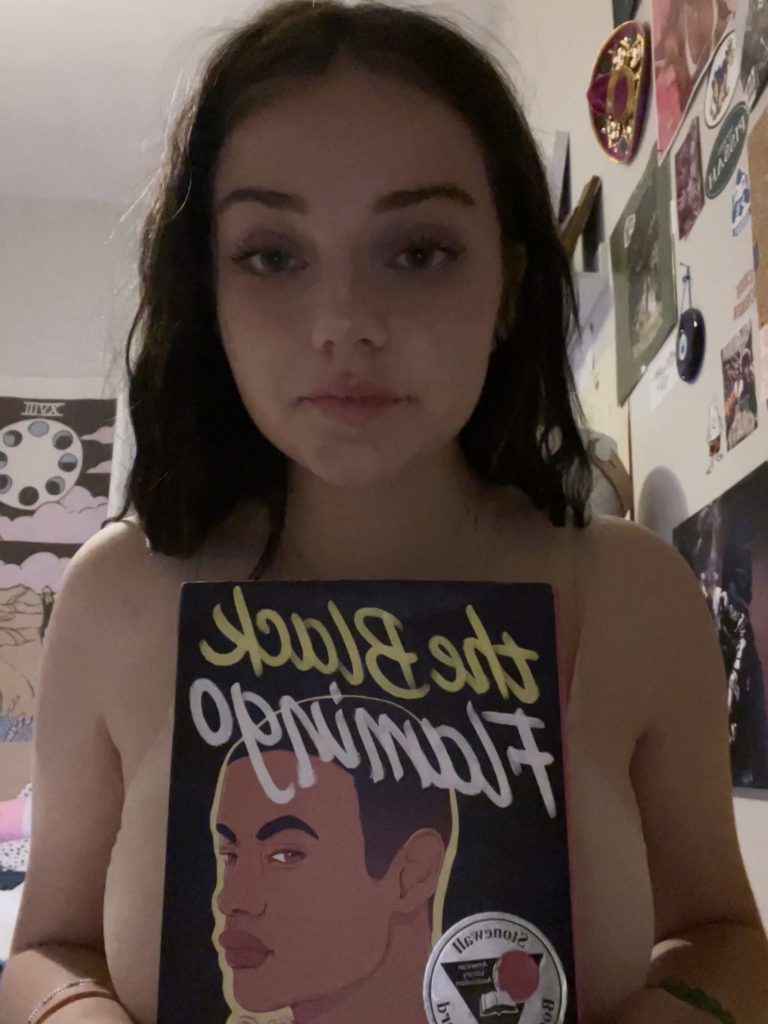In partnership with Hope in a Box and in commemoration of Pride, we held an LGBTQ+ Lit Contest that asked high schoolers to share how LGBTQ+ representation in books inspired them and impacted their lives. The following is a contest honorable mention story.

Dean Atta’s “The Black Flamingo” is a coming-of-age story that follows Michael, a Black gay man who struggles with his self-expression from when he’s five years old to when he’s a freshman in college. Micheal had often felt the need to put a label on himself and the people around him.
Throughout the book we see Micheal grow and learn that labels are what put people in boxes. My biggest takeaway from this book is the value of intersectionality. Intersectionality is the complex interconnection of multiple forms of discrimination, such as racism, sexism, and classism. In the beginning of the book Micheal struggles to express himself, not wanting to fit into what a stereotypical gay man or stereotypical Black man, he is often conflicted with his multiple identities. Dark skin is always perceived as hyper-masculine, regardless of gender. Whereas being a gay man is seen as having a lack of masculinity.
Micheal struggles with understanding where his place is, as he never feels rich enough, Black enough, white enough, gay enough, and the list goes on. Not much changes until he gets to college, where he joins Drag Soc. Drag soc is the first place where Micheal feels as if he belongs, and he learns that he doesn’t have to put such tightly wound labels on himself and the people around him, and he doesn’t have to worry about being a stereotype.
As a white woman, sometimes I may not have the best grasp of many types of discrimination because I cannot relate, and I never will relate. Reading books like “The Black Flamingo” teach me to be aware of the fact that people have multiple identities, which overlap, and you can’t treat them as two separator concepts, because social issues are intertwined. It’s important that as young people we realize the value of intersectionality and how it affects those of multiple identities to help us include everyone in our activism and to help us pave the way for generations after us.


















